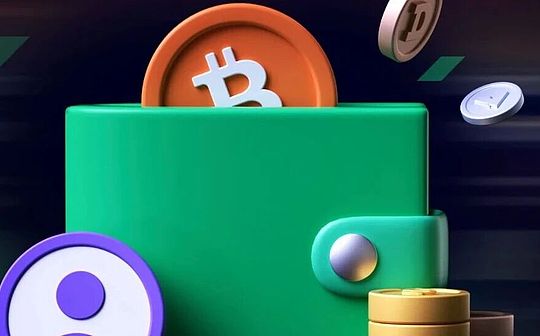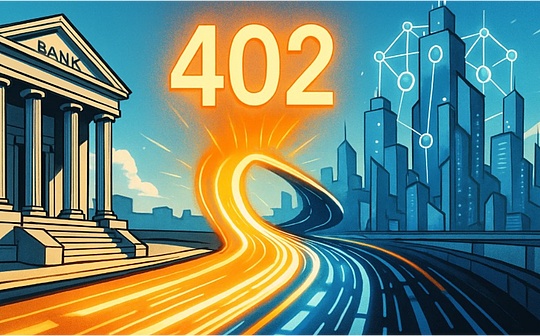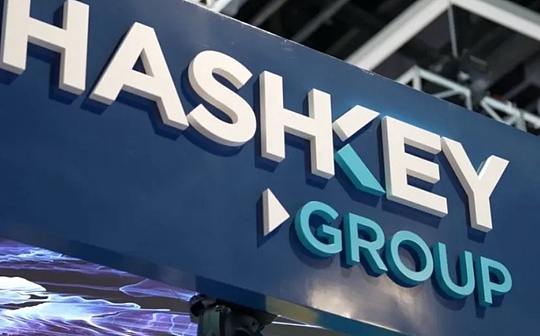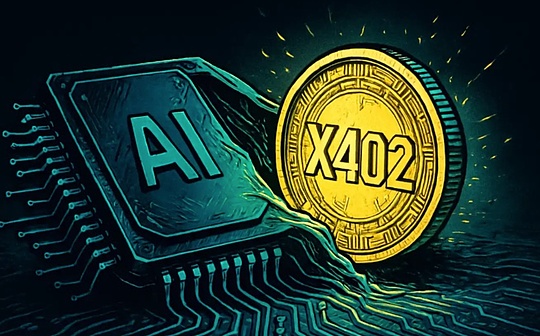
Author: HumanityProt Compilation: Block Unicorn
On the occasion of people’s concerns about MEME currency fanatics and the so -called moral crisis of cryptocurrencies, the rise of the Depin network has once again established the popularity of cryptocurrencies in the real world’s practicality.MESSARI created the word “DEPIN” in 2023. This is a new word, but the idea behind it is as ancient as the cryptocurrency itself.DEPIN is abbreviation of decentralized physical infrastructure (Decentralized Physical Infrastic), which refers to community network driven by protocol and tokens to coordinate hardware resources.
Bitcoin, as the original blockchain, is a typical DEPIN network.This is because it invites anyone in the world to contribute computing resources together to ensure the security of its distributed ledger and use “digital gold” as a reward.This model is revolutionary, not only because of its technology, but also because of its economic impact.However, with the development of encryption technology, it often turns to abstract speculation, and often loses the connection to the proven ability to successfully coordinate physical resources.Today’s DEPIN network is more complicated, providing a way to return to the origin of cryptocurrencies, and promises to make cryptocurrencies critics quietly by promoting more fair economic relations.
Better operator economy
The DEPIN network has created a new economic model to improve the model in the existing operator economy.The operator economy -more often known as “zero workers” or “sharing” economy -with the emergence of companies such as Uber and Airbnb, these companies use huge independent operator networks to coordinate and provide valuable services.For example, ride -hailing and houses.It turns out that they rely on private company networks to use crowdsourcing labor and material resources and achieve great success. It has verified a new service paradigm that can compete with consumer models with more traditional enterprises, or even surpass.
This web2 operator economy has a rich profit for unicorn companies and its shareholders.However, for other stakeholders, the situation is not so positive, such as workers who contribute time and resources to the network, as well as early adopters who see the long -term value of the product.Like many large technology companies, the operator’s economy often reflects a kind of extract logic. This logic is conducive to monopoly, creating unstable labor, and relying on subsidy risk capital and unpredictable governance, which leads to platform risks.
DEPIN improves the operator economy by making it more democratic, economic tolerance and transparent.Just like other blockchain applications (such as DEFI) that finds the product market fit point, the DEPIN protocol uses software and code to replace the idle monopolist and rented by the core of the web2 operator network.Therefore, they can re -assign economic value to participants based on their contributions.Take the ride service protocol Teleport as an example.Teleport is very similar to Uber, but it dissolves the company behind the online car market.This means that it can return more value to drivers and passengers through higher wages and lower prices.
Companies like Uber and GRUBHUB depend on a category of zero workers that have been deprived of employee benefits and unstable.In contrast, Depin specially designed to reward the network participants who put their hardware and time into the network, and give token through unauthorized smart contracts.This means that every contributor of the DEPIN network can become economic stakeholders, not just an input in the company’s electronic table.The more tolerant capitalism has promoted the development of the web3 operator’s economy, not only fairness to network contributors; it also ensures that risk returns are not only obtained by a few venture capital companies, but also time and money to develop the Internet participantsGet.Letting participants become the owner is also good for enterprises; because these initial owners will become network evangelists and help guide the growth of the next wave of users.
The characteristics of the DEPIN network do not need to license also means that they have reduced the entry threshold, attracted a wider range of participants, and expanded the geographical coverage, making them an ideal choice for service marginal cases.In terms of supply, they open an ecosystem to all qualified manufacturers to ensure that single hardware suppliers will not become monopolists and ensure that the network provides better products at lower prices.
Finally, the protocol driving nature of the DEPIN network provides more protection to prevent platform risks and review.Different from centralization, code is more difficult to stop or review.This means that hardware services based on DEPIN will be more difficult to be disturbed by political or other illegal reasons.However, this may also mean that the DEPIN network will better maintain the service that spans legal boundaries, thereby bringing challenges to governance and supervision.
Depin
Most web3 operators are hone their own technology in more and more specific areas, which marks the maturity of the web3 operator economy.
Hardware operatorIt is the key to the DEPIN Revolution, which matches physical assets with user needs.Taking IO.NET as an example, it connects companies that require artificial intelligence processing capabilities with the GPU provider network.Helium is similar to the operation of the small honeycomb hardware to connect with users who need 5G connection.These examples emphasize a key trend.In the expanding operator economy, hardware has become a shared product, and each participant plays the dual role of consumers and providers.
Data operators transform original data into valuable assets.They deploy hardware to collect and process data, and create data sets and APIs for commercial use.Examples such as Dimo and HiveMapper illustrate this trend. Operators collect vehicle data for insurance companies or capture street images for real -time street map drawing.In addition to simply collecting, these operators often enhance them before packaging data into soldable products.They also play a vital role in transmitting real world data across the network. Using the Internet of Things sensors can not only collect data, but also provide services.
Storage operators constitute a pillar of data persistence in the web3 operator economy.Projects such as Arweave and Filecoin are pioneers in this field, providing decentralized solutions for file storage.They ensure that the data is not only preserved, but also for future use.Kwildb is a decentralized database with similar operating principles.It provides safe and persistent storage for structural data.These platforms are very important because they protect information
Calculate operators to provide basic processing and communication services.Projects like AETHIR show the potential of decentralized cloud rendering networks, enabling developers to build a series of decentralized consumer applications, and users can use collective computing capabilities.Similarly, Akash provides the cloud service market to challenge traditional providers such as AWS and GCP with decentralized alternatives.These platforms reflect the spirit of DEPIN, because they not only dispersed the access to computing resources, but also achieved democratization.
challenge
The web3 economy supported by DePin faces many challenges.First, the DEPIN project must effectively respond to the complex regulatory environment of the real world.For example, data collection services such as HiveMapper need to take into account governance, data management and security regulations. Each service has its own set of strict compliance requirements.Similarly, 5G networks will encounter various spectrum licenses, which are very different from different jurisdictions.These obstacles will bring huge friction, thereby slowing progress, and need to achieve a subtle balance between innovation and compliance.
Secondly, DEPIN’s own market dynamics may bring unstable factors to the DEPIN project.Although tokens can quickly attract more hardware operators, this does not ensure that users use.The demand for the excess supply and the demand for final products will rarely lead to imbalance, thereby destroying the stability of the network.The design of the tokens’ economic mechanism is crucial; too large participation incentives may cause inflation, weaken the value of the token and the credibility of the network.If there are too few incentive plans, the network will bear the risk of unable to expand to meet market demand.
Third, the last point. Although decentralization is the cornerstone of the spirit of the web3, it also brings a series of challenges.Concentrated services benefit from layered coordination and management, which can bring excellent performance.In contrast, decentralized networks may be difficult to match these governance efficiency and technical efficiency.For example, compared with the centralized ability of data centers, the distributed properties of calculating shared may cause delays to process machine learning tasks.If the decentralized system cannot provide comparative performance, their cost and benefits themselves may not allow users to abandon the established centralized services.
Summarize
DEPIN has the potential to release market efficiency and create a more fair operator economy.However, its ultimate success requires more effort and time, especially for projects that launch bilateral markets in high -level supervision industries.Assuming that DEPIN can solve the complex regulatory environment, challenging the challenges of the challenging tokens and comparative performance, its success may be revolutionary.More importantly, this will prove that even the most enthusiastic critics are wrong with the practicality of Web3 in the real world.








